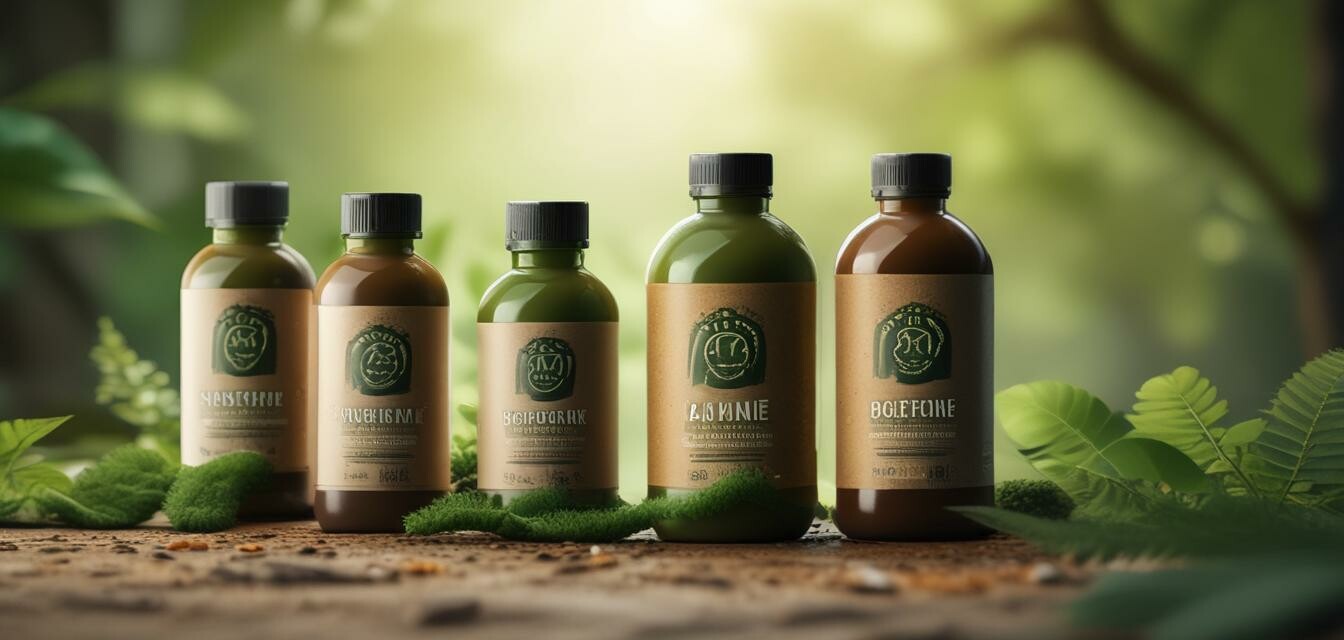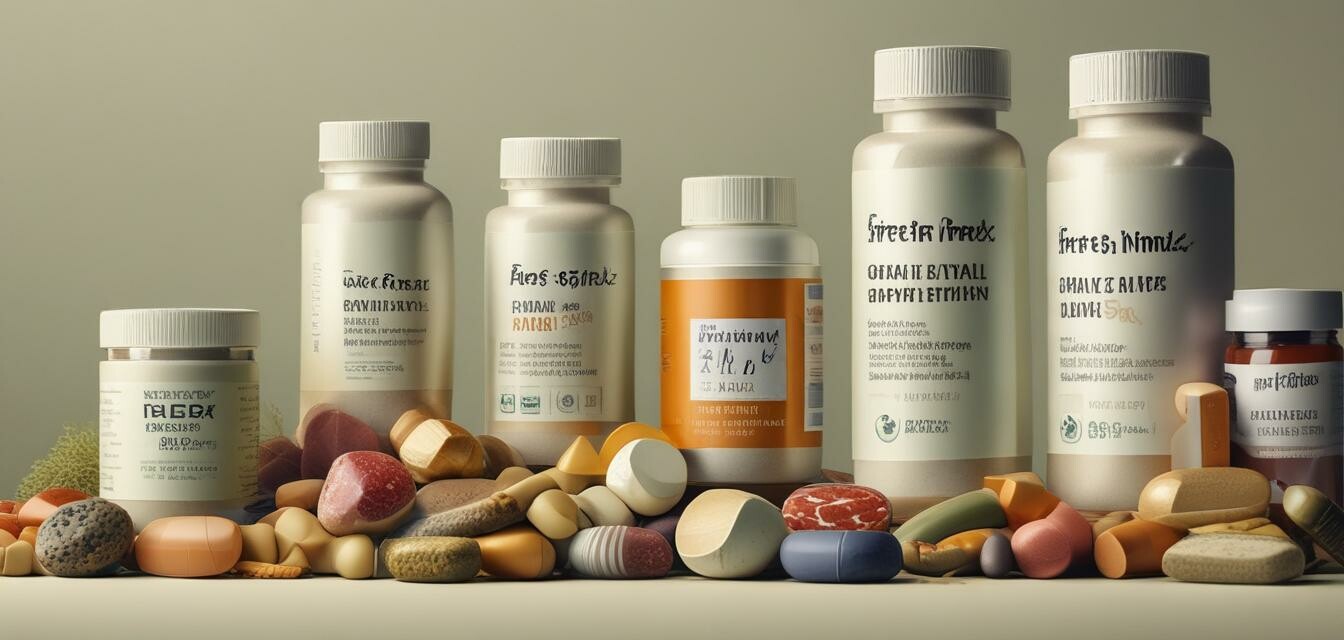
Consumer Guide to Ethical Brands
As consumers become more aware of the environmental and social impact of their purchasing decisions, the demand for ethical and sustainable supplement brands is on the rise. But what makes a brand "ethical" and how can you make informed choices when it comes to the supplements you take?
Key Takeaways
- Look for certifications like Vegan Society and Cruelty-Free International
- Check the brand's supply chain and sourcing practices
- Choose brands that use eco-friendly packaging and have a strong recycling program
- Support brands that give back to the community through charitable donations or volunteering
What Makes a Brand Ethical?
When it comes to supplements, an "ethical" brand is one that prioritizes the well-being of people, animals, and the planet. Here are some key factors to consider:
| Factor | What to Look For |
|---|---|
| Certifications | Look for certifications like Vegan Society and Cruelty-Free International, which ensure that the brand's products are free from animal-derived ingredients and testing. |
| Supply Chain | Check the brand's supply chain and sourcing practices to ensure that they are transparent and fair. Are they sourcing ingredients from environmentally responsible suppliers? |
| Packaging | Choose brands that use eco-friendly packaging and have a strong recycling program in place. Avoid brands that use excessive plastic or non-biodegradable materials. |
| Charitable Giving | Support brands that give back to the community through charitable donations or volunteering. This demonstrates a commitment to social responsibility. |
How to Research Ethical Brands
Researching a brand's ethics and values can take some time and effort, but it's worth it in the long run. Here are some tips to get you started:
- Visit the brand's website and look for information on their values, mission, and certifications.
- Check out review sites and forums to see what other customers are saying about the brand.
- Contact the brand directly and ask about their sourcing practices, packaging, and charitable giving.
- Look for third-party certifications like Vegan Society and Cruelty-Free International.

Benefits of Supporting Ethical Brands
Supporting ethical brands has a ripple effect that goes beyond just your own health and wellness. Here are some of the benefits:
- Improved animal welfare
- Reduced environmental impact
- Supporting fair labor practices
- Promoting social responsibility

Popular Ethical Supplement Categories
Here are some popular supplement categories that are perfect for those looking to make a positive impact:
- Herbal Supplements
- Multivitamins
- Omega-3 Supplements
- Probiotics
- Protein Supplements
- Vegan Supplements

Benefits of Ethical Brands
- Improved animal welfare
- Reduced environmental impact
- Supporting fair labor practices
- Promoting social responsibility
Challenges of Ethical Brands
- Higher cost
- Limited availability
- Difficulty in finding certified brands
- Greenwashing by some brands
Beginner's Tip
Start by making small changes to your supplement routine, such as switching to a vegan or eco-friendly option. As you become more comfortable, you can continue to make more significant changes.








